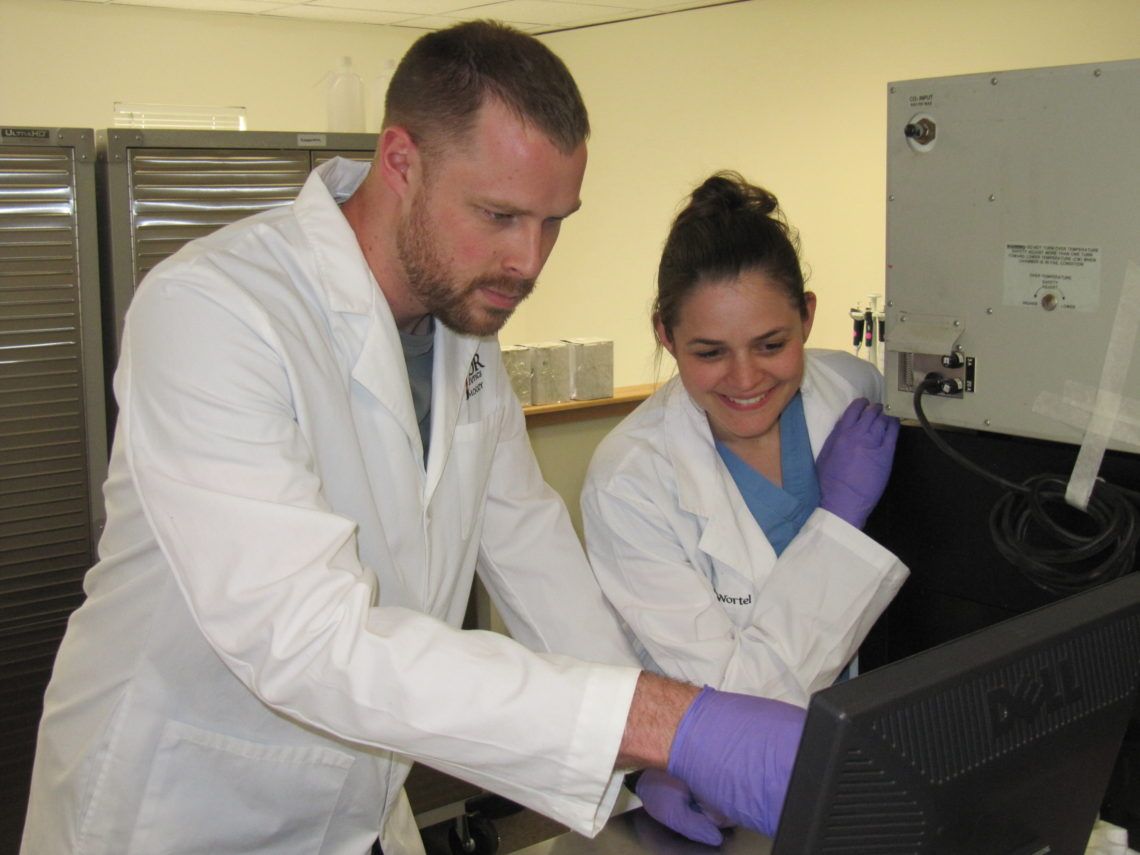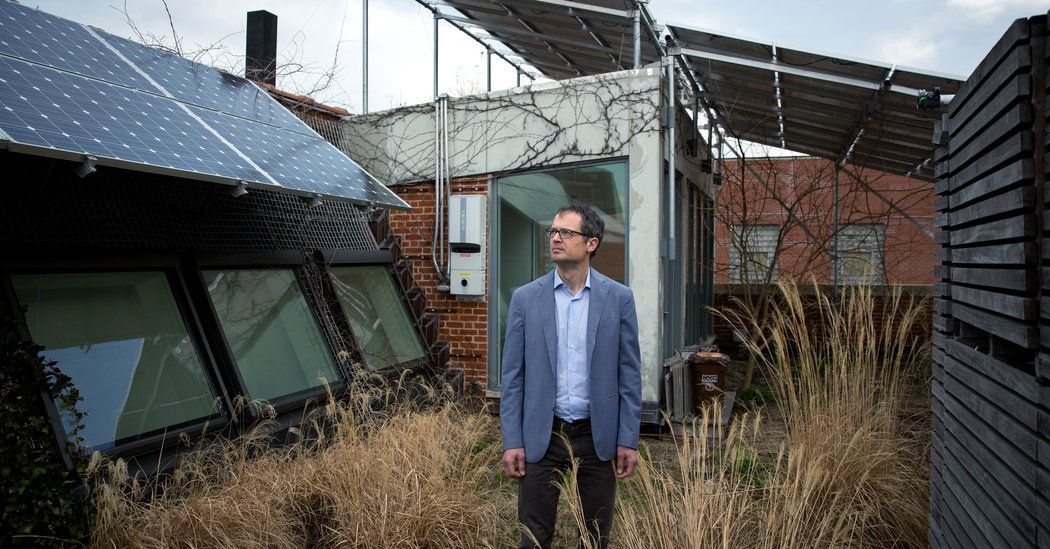In Brief
- Scientists have devised a way, inspired by nature, of coaxing carbon nanotubes to build themselves into structures that could be used to replace silicon chips.
- The successful implementation of this technology could lead to faster than silicon computer chips along with bendable electronics.
Traditionally, computer microchips are made of the semiconductor silicon. Silicon is turned into wafers where complex circuitry is carved—but there’s a limit to this complexity and to the chips’ processing capacity, and it’s coming soon.
Scientist from IBM are ushering in a revolution of microchip design by seeking to use carbon nanotubes. The researchers theorize that these nanotube chips could use less electricity, and be six to ten times faster than silicon-based ones.










